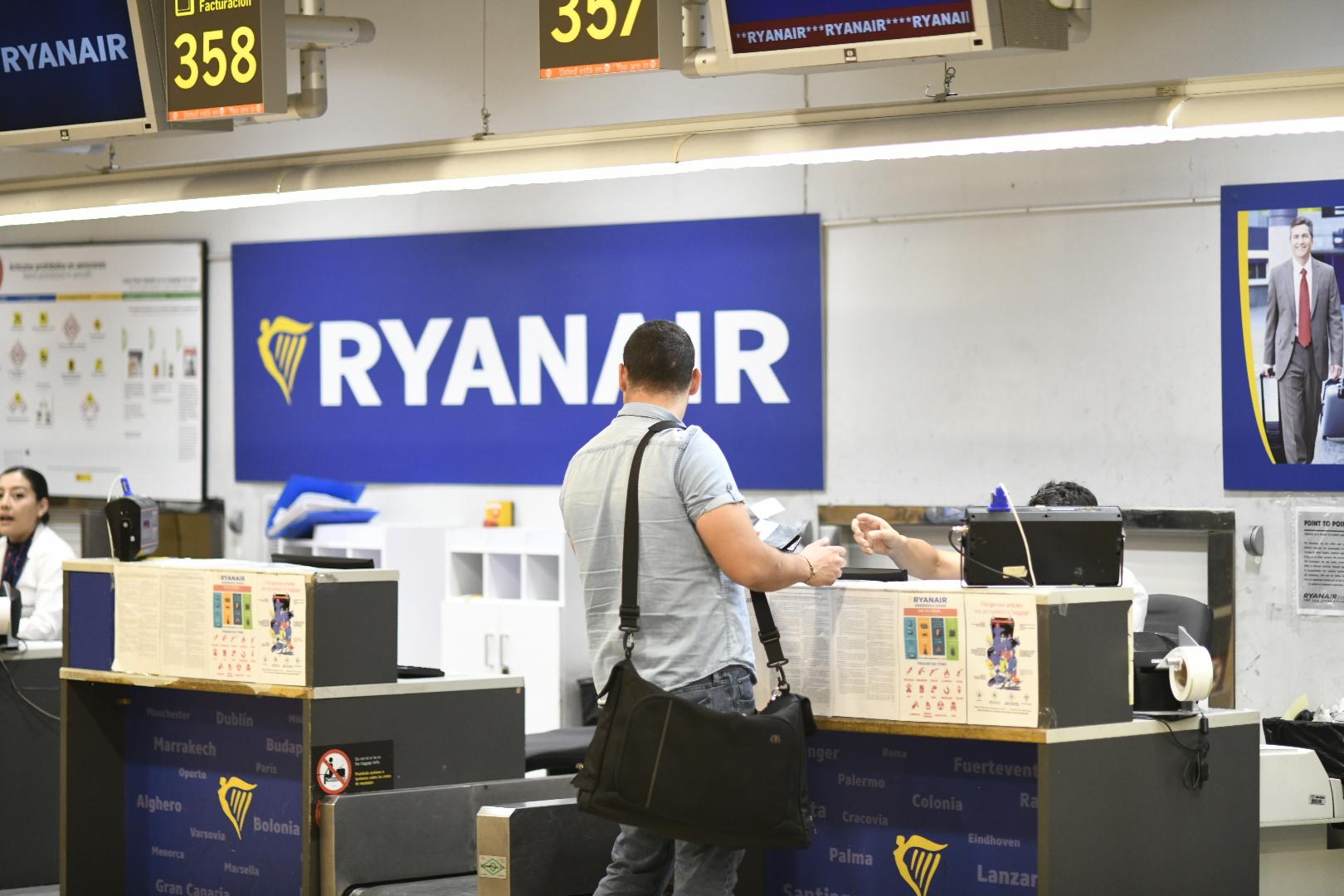Ryanair expects Britain to join other European nations in dropping COVID-19 quarantine plans in the coming weeks, its CEO told Reuters on Wednesday, as he reported a "big surge" in holiday bookings from the country.
Last week, Britain announced a 14-day quarantine from June 8 for all air passenger arrivals, including its own citizens, even as countries such as Italy and Spain move to ease equivalent restrictions.
Ryanair CEO Michael O'Leary said many Britons had not been deterred by the move, with booking rates in recent days indicating the 1,000 daily flights it plans to fly in July - 40% of normal capacity - were likely to be 50% to 60% full.
"The UK and Ireland will either quietly drop them (quarantine plans) or drop them as another easing measure in the next week or two. I am confident of that," he said in an interview.
"We have seen a big surge in bookings on our flights out of Ireland and the UK to Spain, Portugal and Italy over the weekend, and that seems to be continuing this week."
Ryanair, Europe's biggest budget airline, hopes a busy holiday season will boost confidence for a return of business travel.
British Prime Minister Boris Johnson's top adviser Dominic Cummings, who provoked outrage by making a 400 km (250 mile) road trip during the lockdown, has "completely undermined the UK government's credibility" on the quarantine issue, O'Leary said.
The CEO repeated his prediction that Ryanair's passenger numbers would return to 2019 levels by summer 2021 and said that if unions across Europe agreed to pay cuts the airline might be able to make fewer redundancies than the current plan of 3,000.
"I would be hopeful that the 3,000 figure would be significantly lower because of the progress that we are making on reasonable pay cuts across Europe," he said, saying 25-30% of crew had agreed to cuts so far.
In bases where pay cuts are refused, up to half of pilots and cabin crew could be laid off this year, he said, citing Ryanair's home base of Dublin as a possible target.
O'Leary said he had rejected an offer by Irish union Forsa to avoid job and pay cuts by shifting crew to part time as it did not deliver unit cost savings. Forsa has said the insistence on a 5-year pay cut is unreasonable as management forecasts traffic and fare levels may recover in two years.


No comments
To be able to write a comment, you have to be registered and logged in
Currently there are no comments.